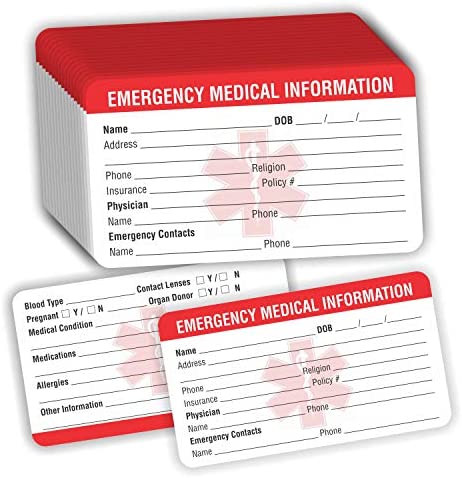
Florida's homeowner insurance rates are rising. Since 2016, rates have increased by 33%. The rates are different for each county. If you don't want to pay a higher premium, take advantage of discounts on certain home protection devices. In Florida, flood damage is one of the most common claims.
Since 2016, rates have risen by 33%
Florida is experiencing an increase in homeowners insurance premiums. The Insurance Information Institute tracks the rates of property insurance and found that Florida rates have increased on average by 33% since 2016. This increase is much higher than the 10.9% nationwide average. However, it is not the only reason for the spike in Florida insurance rates. In-state small insurers are struggling to compete in the state. In fact, six Florida insurance companies declared bankruptcy this year.
The increase in insurance costs can be partly attributed to the increased risk of storms. Reinsurance costs have also increased. Some reinsurers are considering withdrawing from Florida, while other are increasing their rates. Those costs are passed on to consumers, who pay between 35% and 50% of the premium.

Florida flooding is a frequent claim.
In case of flooding, you should seek flood damage coverage on your homeowner's insurance policy. Florida is known for its severe weather. You need to make sure that your policy covers any possible damage. Floods can cause significant damage to your property and can be expensive to repair.
Flood damage can lead to thousands of dollars in damages, as well as mold and structural damage. Whether the water was caused by a hurricane or a natural disaster, water damage is an unfortunate reality for homeowners. Luckily, Florida homeowners insurance covers flood damage. Flood damage could also result from flooding caused by mudflows. A single inch of water can cause flood damage that could cost thousands of dollars.
Liability coverage is a part of home insurance in Florida
Liability coverage is a key component of homeowners insurance. It pays for any medical expenses that you incur due to an injury to another person. Other expenses may also be covered by the policy, including those resulting from negligence. If you are sued for negligence, you must have adequate liability coverage to cover such expenses. You should hire an experienced agent to evaluate your policy and ensure you are receiving the best rates possible.
Florida home insurance also includes liability coverage. The amount of coverage depends on the type and contents of the home. A separate policy will be required if you own a detached garage. The limits for detached garages typically equal 2% to 10% of the coverage for the main home. Higher limits can be purchased if desired. Your agent should be informed if your detached structure is rented out or used for business purposes. You might need special coverage in these cases.

You can get discounts on adding protective devices to the home
Insurance companies often offer discounts for homeowners who have smart home technology installed. For example, Farmers, Liberty Mutual, and USAA offer discounts for ADT security systems, but the qualifications may vary by state. These discounts could reduce the overall cost of smart home upgrade costs and encourage safer homes.
There are other ways to protect your home than smart home technology. Installing an alarm system or smoke detector is one example. These devices can help protect your house from fire and theft. They can also reduce your property insurance premiums.